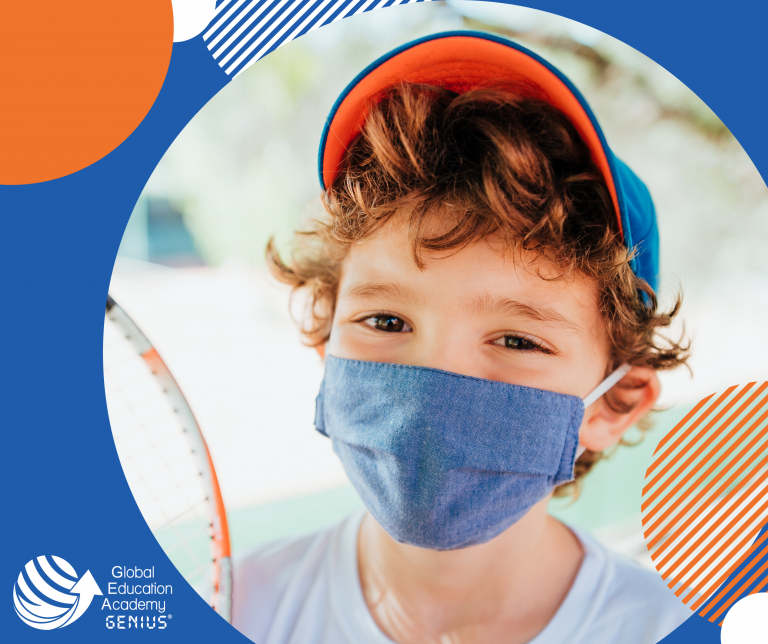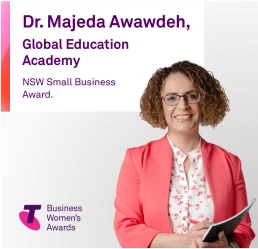
“Mum, how much longer do we have to be at home every day?”
“I’m not sure, until the government says we can go out again.”
“But I miss school, I miss being with my friends.”
“I know, I miss seeing my friends too.”
“I just don’t understand, why has COVID-19 changed everything?”
That’s a tough question to answer. Yet, it’s a question that is probably on most minds right now, both children and adults alike.
Talking about COVID-19 is one of those difficult conversations you’d rather not have as a parent but it’s an important one to have. If you’re yet to have this conversation with your child, they’re likely to have heard information at school, in the media, or from their friends. Depending on what they’re hearing, this could lead to feelings of fear, stress or anxiety, especially if the information is sensationalised or stems from an inaccurate source.
COVID-19, like any other disease or illness, is now a part of life. There is no way to avoid the topic coming up in conversation. So, rather than delay it – welcome it.
How can you talk to your child about COVID-19? Keep reading for a few tips to help you navigate the conversation.
1. Keep it simple
With COVID-19, there are many unknowns right now. It is easy to get caught up in speculation about what this means for the future but that only complicates the conversation. Keep it simple and stick to the facts. Discuss only what is known for sure and if you don’t know what to say in response to specific questions, be honest and admit that you don’t have the answer, but you will try and find out.
2. Stay calm
Are you feeling anxious yourself? Try not to let this show as you talk to your child about COVID-19. As you know, children are sensitive to our emotions and can sense when something is not right. To help you mentally prepare, engage in a relaxing activity before you have the conversation to help you remain calm.
3. Let them lead the conversation
Children don’t always need to know the specifics. So, after you open the conversation, let them lead by prompting them to ask questions for you to answer.

4. Acknowledge their emotions
In this current environment, many of us are experiencing a whole host of emotions at any given time. Your child is probably the same. As you talk about COVID-19, help them identify their emotions – are they feeling anxious, worried, scared, sad? Assure them it’s okay to feel what they are feeling and that they’re not alone.
5. Reassure them
Above all the facts you could give, helping your child feel safe and secure should be the priority. Let them know that though COVID-19 is something we have never been through before, there have been other pandemics in history and that the experts always figure out what to do to help us keep living in good health. Explain that we need to support these experts by listening carefully and following their advice and it will be okay.
6. Tell them what they can do
With the amount of change happening now, it’s helpful to focus on what we can control. To give your child a sense of control, maintain daily routines at home and mention other things they can do to help stop the spread of COVID-19 and support others:
7. Encourage them to ask questions
Keep the conversation going with your child as the COVID-19 situation continues to evolve and new information becomes available. It’s better for them to hear this information from you than from another less trusted source. Also check in with them regularly to see how they are feeling and responding to the changes.
To help you prepare for the questions, here are a few simple questions and answers as guidance:
Remember, you are not alone. There are many parents who are also having these difficult conversations right now. If you have any questions about COVID-19 and how it affects your child’s learning at Global Education Academy, contact us on 1300 001 432.







